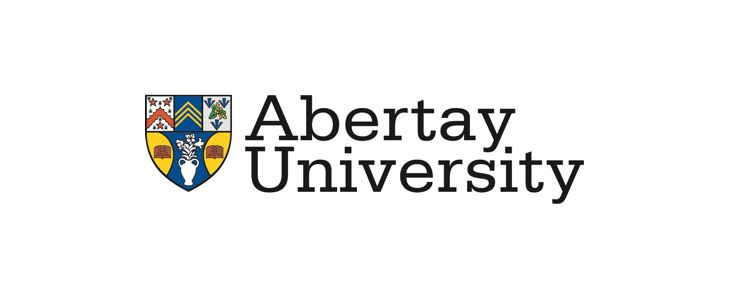Abertay University: Research reveals UK stem cell clinics using misleading marketing techniques
A majority of UK stem cell treatment clinics are using ethically doubtful marketing techniques including the use of celebrity and footballer endorsements, new research from Abertay University in Dundee has found.
The study, published in the journal Regenerative Medicine, carried out an analysis of websites belonging to clinics offering stem cell treatments in the UK, finding almost 80% to be ‘potentially problematic’.
Areas of concern uncovered by the online analysis included misleading information on websites, a lack of information on risks of adverse effects, unjustifiably optimistic depictions of therapeutic effectiveness, and questionable approaches such as the use of celebrity patient testimonials.
While some stem cell treatments, like haematopoietic stem cell transplants for blood cell production, have medical approval from regulatory bodies such as the Medicines and Healthcare Products Regulatory Agency, many do not.
With an increasing number of stem cell clinics emerging in the UK, the Abertay University study focused on the wide range of unapproved treatments currently on offer, including those for orthopaedic/musculoskeletal conditions, cosmetic treatments such as hair loss, erectile dysfunction, and others.
Many of these stem cell treatments are still classed as experimental and known side-effects can include life-threatening and long-term issues such as autoimmune reactions, loss of vision, pulmonary embolism or tumour formation.
The research, conducted in March 2020, was led by bioethics expert Dr Kevin Smith of Abertay University’s School of Applied Sciences, in collaboration with Sami Kamel, a recent Abertay Biomedical Science graduate.
Using online analysis, the researchers focused on 24 stem cell clinics offering unapproved treatments in the UK through their websites, with 19 found to be displaying ethically problematic material.
A scoring and rating scale was created to assess the likelihood of prospective patients without medical or scientific knowledge receiving misleading information. This considered:
Does the website fail to make public or trivialise risks and/or side-effects?
Are treatment effectiveness claims made incorrectly or without evidence (peer-reviewed clinical trials)?
Is curative potential claimed incorrectly?
Is exaggerated language used?
This measurement of ethics corresponds with generally established practice in the UK’s Good Medical Practice guidelines, which state documentation should be honest and trustworthy and must not be false or misleading. The guidelines also state that practitioners must take reasonable steps to check information is correct and must not deliberately leave out relevant information.
Only three UK clinics gave information about pricing on their websites, with the prices offered by those providers ranging from £995 to over £7000 for stem cell injections for cosmetic use, alopecia and joint issues.
While no clinic guaranteed results, some websites used positive phrases such as ‘expect improvement’ and ‘patients usually demonstrate a rapid and progressive improvement’. One clinic also claimed a curative potential of their hair restoration procedure.
Only three clinics made it clear that results cannot be assured, with just one clinic mentioning that stem cell therapy is still experimental.
None of the clinics linked to a finished clinical trial that demonstrates the effectiveness of their offered treatments, however two clinics offered links to studies that were not clinical trials.
More than two thirds of clinics did not make any statements about the risk and side effect profile of their therapies. Only three clinics mentioned a risk of infection and one of these branded that risk as ‘theoretical’.
One clinic explicitly described their procedure as safe and claimed that there was neither a risk of rejection nor of communicable disease transmission.
In all, of the 19 problematic clinics identified, 15 were judged to risk causing patient harm through the provision of misleading medical information, according to the researchers’ analysis scale.
Dr Smith said key problems with the websites included the downplaying of risks, non-evidenced claims of effectiveness or cure, reliance on “underpowered small-scale studies” and the offering of treatments for an “implausibly wide range of disorders”.
He added: “These are notable findings, with strong implications for regulatory authorities. The allure of stem cells to patients and consumers has been growing, boosted by substantial marketing and positive media portrayals of stem cell therapies.
“The number of clinics in the UK offering stem cell therapies has increased by more than 50% since 2016 and this substantial level of growth is of itself of ethical relevance, since the greater the quantity of therapies, the higher will be the numbers of patients at risk from misinformation.
“For the vast majority of the conditions treated by the UK clinics, insufficient evidence exists to support the effectiveness of stem cell therapies and the fact they are offering treatments lacking proven efficacy, or safety, is inherently troubling.
“While being careful not to guarantee clinical success, several UK clinics present very small-scale studies on their websites as ‘evidence’ of effectiveness. Clinic users simply cannot be expected to be able to properly evaluate such claims and recognise the weak nature of most of these studies.”

